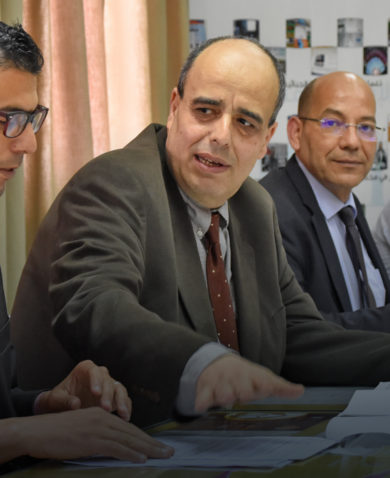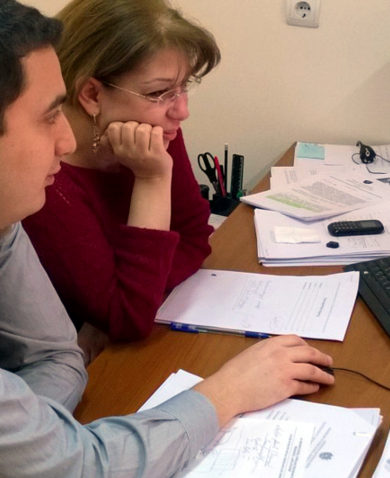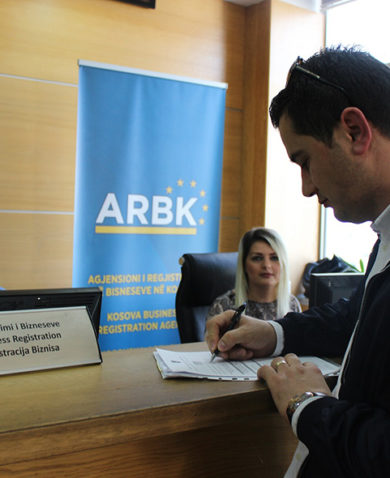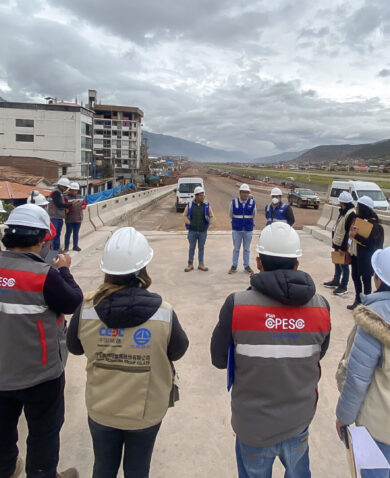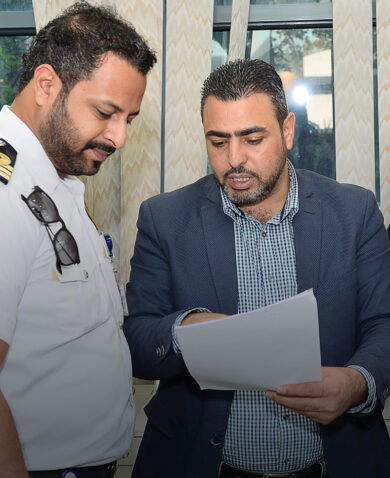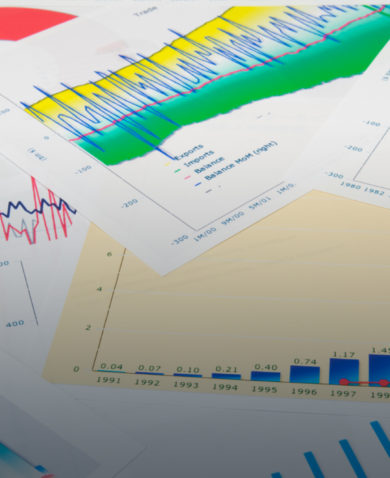
Transforming Public Finance — A Proven and Scalable Information Systems Solution in Haiti
May 18, 2017 | 4 Minute ReadSimilar to blockchain, Unified Exchange Platform (UXP) can encourage transparent and efficient government. Haiti is embarking on a new frontier in secure systems as the first country in the Western Hemisphere to deploy it.
“Reducing corruption stands at the heart of the recently established Sustainable Development Goals (SDGs).” The World Bank made this statement in its November 2016 brief on anti-corruption, and the concept doesn’t necessarily come as a surprise. Corruption, inefficiency, and lack of transparency often hurt vulnerable groups the most, putting up barriers and distorting access to resources and services. Blockchain technology has captured the imagination and vision of development practitioners around the world for this reason. Its immutability and seemingly endless applications for improving the lives of vulnerable groups hold great promise for increasing transparency in multiple contexts. However, as blockchain technology continually evolves to better tackle entrenched development challenges, our work hasn’t been waiting patiently — we’ve been continuously applying proven solutions in new contexts to improve transparency that marry information technology upgrades and capacity development to improve information sharing and resource allocation. Our experience in implementing USAID public financial management programs around the world has brought to light one case study in Haiti, where pairing information and communication technology (ICT) software upgrades with intensive training helps us tackle key challenges in transparency and public finance reform.
In Haiti: Information transparency and immutability, pre-blockchain
All governments need to share administrative data between agencies regularly. In Haiti, up until recently information has been shared inefficiently via e-mails, CD, hard copy, or various special software —compromising confidentiality and the efficient use of resources. Recognizing and addressing this need, the USAID Haiti Integrated Financial Management System (IFMS) Project is implementing an integrated software platform called the Unified Exchange Platform (UXP). UXP is a “middleware” software program developed by Estonian system developer Cybernetica for the Estonian Government. UXP facilitates efficient and secure data exchange between government entities, and has been rolled out in Estonia, Finland, Azerbaijan, Namibia, and the West Bank. Haiti is the first country to deploy UXP in the Western Hemisphere. The concept of the software is based on the principles of data storage, data integrity, and the security of the data sharing, and is fitted to the governmental functions. UXP has several advantages:
- Interoperability of the system guarantees a unified data access.
- During the data exchange, the target can prove to a third party the source and the content of data received.
- The system provides confidentiality through encryption of data exchanges and a mechanism allowing control of data access between the different entities.
Cybernetica experts came to Haiti in September 2015 for a pre-production tour, which IFMS bolstered by facilitating a study tour to Estonia for ten Haitian government technical staff (IT) to better understand of the uses and benefits of the software. Cybernetica subsequently provided technical training in UXP operation to IT staff, which was followed by successful installation of the software on 32 servers, and then into 13 government institutions participating in the UXP platform. The Haiti IFMS Project recently completed configuration and acceptance testing at each institution, and is now working closely with participating institutions to develop several initial applications that will demonstrate the utility of the software platform. The image below depicts all the government offices whose servers feed information into the UXP software. The information is then accessible via the three different portal views: citizen, enterprise, and public servant. Data is cross-authenticated and encrypted from the different sources, making the advantages of UXP software similar to those highlighted in blockchain technology: security, reliability, and ease of implementation.
What have we learned?
We can break down the primary challenges to information systems upgrades for improved public financial management in Haiti into three primary challenges:
- Technical/infrastructure-based: The infrastructure for significant hardware installation to complement the software platform faced the additional hurdles of natural disaster risk in Haiti.
- Institutional: The myriad of Haitian government agencies involved in public financial management was fairly siloed at the outset of the project.
- Cultural: Something like lack of precedent for consistent timekeeping proved to be a hurdle to other PFM areas like human resource management.
Addressing these challenges was hinged on finding the right information technology solution, one that had been proven and was ready for scale and roll-out. The advantages of UXP — particularly the ease of implementation and interoperability — tackled the technical and institutional challenges by bringing the different agencies together through the platform through rounds of hardware and software improvements. The intensive training on systems use in turn helped tackle some “business as usual” habits with regard to transparency and information sharing. Finding a proven solution and adapting it to the Haitian context was the key to unlocking closed doors of information transfer and verification. Study tours, scale-up trainings of IT directors, and building in data exchange agreements with counterparts ensured that the soft systems were in place for the information technology software to thrive.
What does this mean for the SDGs?
When simplified, transparent public financial management happens at two ends: revenue collection and revenue administration/allocation. Software like UXP and its ability to connect each stakeholders with the necessary information is advantageous to both sides of the process. For revenue administration, the benefits of a system like UXP are more obvious — improved inter-agency communication allows for better resource supervision and closing black holes of public funding. However, the impact on revenue mobilization and collection is also substantial. For example, the tax authority needs daily transmission of all customs clearance transaction data in order to cross-check with income tax declarations. Without this system, a taxpayer can under-declare an imported business asset to avoid customs duties with one agency, and then over-declare with the tax administration when filing taxes to minimize tax on profits (as opposed to business expenses/assets). Increasing revenue through cross-checking and reconciling these systems makes funds available for other programs, which could include education or social services. In addition to directly linking to SDG 9 on industry, innovation, and infrastructure — albeit in the public and not private sector — improved public financial management and domestic revenue mobilization has knock-on effects on the SDGs regarding quality education and poverty reduction.
Want to know more?
This week, we are in Miami at the International Consortium on Governmental Financial Management (ICGFM) Spring Conference, and we are diving into the Haiti IFMS experience to unpack the roll out of the UXP software with particular attention to the impact that improved information sharing has in reducing corruption and improving service delivery — and the infrastructure, institutional, and cultural challenges of software design and implementation. Follow Chemonics’ social media channels using #ICGFMMiami2017 for updates and resources from ICGFM!
Frenki Kozeli is a manager in Chemonics’ Economic Growth and Trade Practice. Richard Wolfe, former chief of party of the Haiti IFMS project, contributed to this post.












